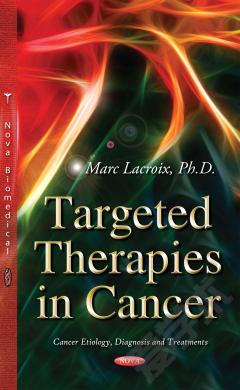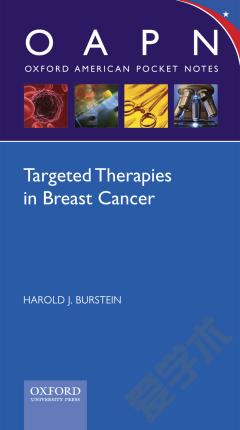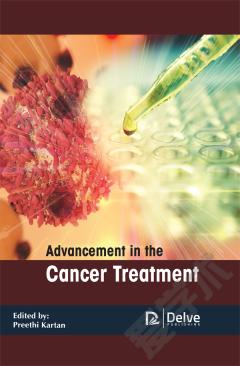Targeted Therapies in Cancer
Since the year 2000, exciting developments in cancer therapy have occurred. For decades in the 20th century, the hallmark of medical treatment for cancer had been cytotoxic chemotherapy, with drugs targeting rapidly dividing cells, including cancer cells but also certain normal tissues. As a result, many patients experienced the “classic” toxicities of alopecia, gastrointestinal symptoms and/or myelosuppression. In the last years, however, clinical research has been strongly occupied with the identification of mutations and aberrations concerning molecular pathways in cancer and their alterations, which has enabled the emergence of a “targeted” (somewhat personalized) medicine approach to treatment. Today, although traditional cytotoxic chemotherapy remains the treatment of choice for many malignancies, notably as first-line agents, targeted therapies are a possible choice for many types of cancer, including breast, prostate, CRC, lung, kidney cancers, as well as lymphoma, leukemia, and myeloma. More than 60 of these targeted therapies recently approved by the United States Food and Drug Administration (FDA) are detailed in the book, and their intended use in one or more cancer types are shown.
{{comment.content}}








 京公网安备 11010802027623号
京公网安备 11010802027623号